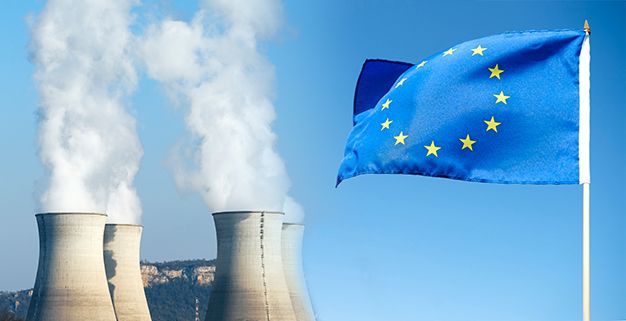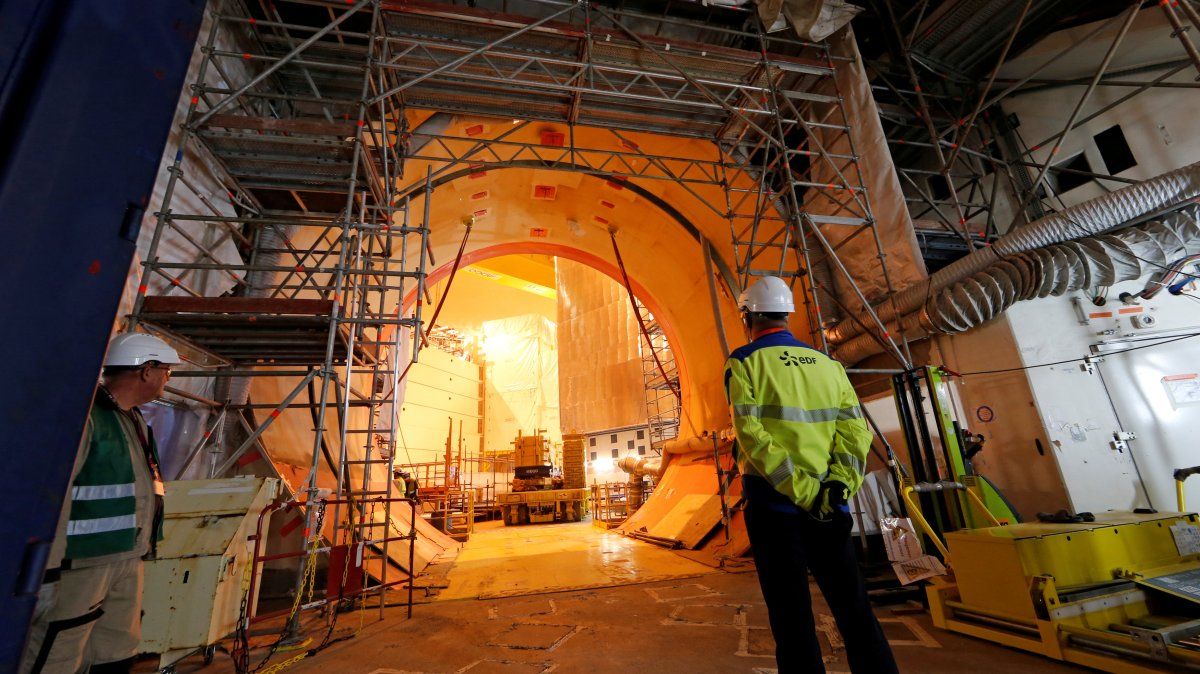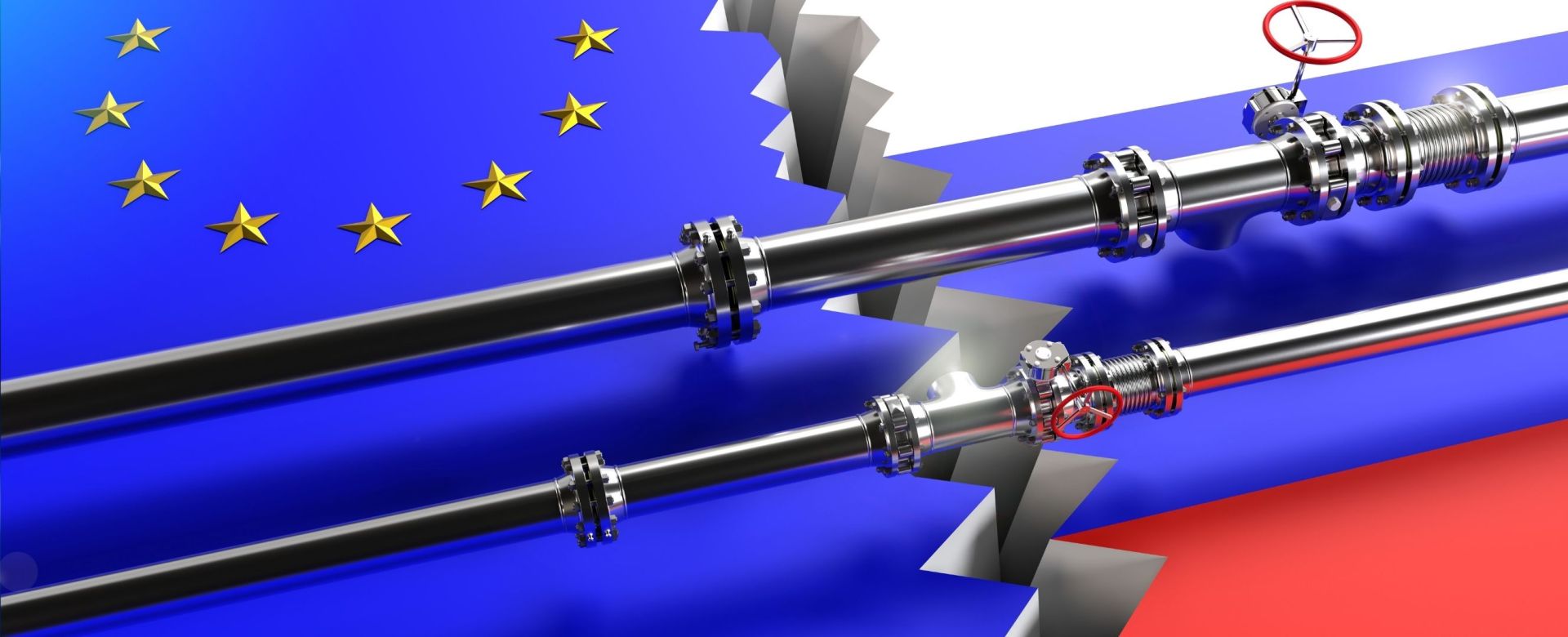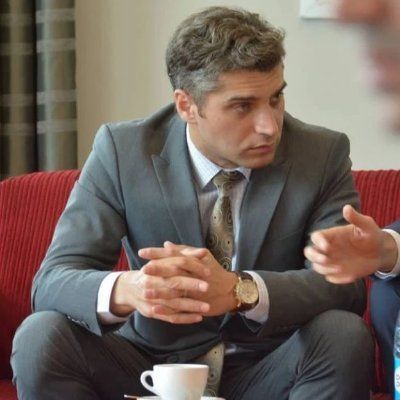Nuclear enters homes of Europeans: Old Continent at odds as pros & cons weighed

EU ministers have endorsed support for nuclear power for the first time in a mandate for the upcoming UN climate summit, signaling its growing role as an energy source.
Discussions were delayed by disagreements between France and Germany, but EU countries have agreed to accelerate the development of “low-emission technologies”, including nuclear power, as agreed at the previous COP28 summit.
The call for nuclear power to be recognised reflects a shift in attitudes in Europe, where sentiment towards nuclear power has been largely negative since the Fukushima disaster in 2011.
A group of European countries, together with France, are set to publish a document on Tuesday calling on Brussels to recognise the key role of nuclear power and include it in new EU energy regulation proposals.
At a meeting on Monday, the Netherlands and France signed an agreement to enhance cooperation on nuclear energy and called for institutional support for nuclear power.
As regards the Fukushima disaster in Japan, Italy and Lithuania immediately rejected nuclear energy for electricity generation, while France, however, has been an advocate of nuclear energy as a low-carbon source.

Nevertheless, as France owns 56 robust units out of the EU's 163 well-established nuclear reactors, Bulgaria, Italy, Croatia, Finland, Hungary, and Poland ceded to Paris’ nuclear ambition.
Long-standing War and EU’s growing energy needs
The Ukraine-Russia crisis has almost influenced the economic and political life in Europe. The ongoing conflict emerges in continuously soaring prices of energy as demands surpass the supply.
Europe has been looking for alternative energy for 964 days against the backdrop of the ongoing Russia-Ukraine war. Faced with the question of energy reserves from 2022 until now, Europe embraces nuclear energy today. But what do European experts think? Do they think that nuclear energy can lead the old continent out of the energy crisis safely and independently?

In a comment for Azernews, Chief Advisor, Senior Research Fellow, and expert on Central Asia, the Caucasus, the Hungarian Institute of International Affairs, and the Economics of Natural Resources, Laszlo Vasa, classified the EU's integration into nuclear energy as an attempt to reduce its dependency on energy imports, especially from Russia.
“The war in Ukraine underlines the necessity of using nuclear energy in Europe. The missing Russian natural gas quantities can be replaced at a multiple higher price only, and the security of supply is not guaranteed. However, in the case of nuclear power, the supply could be provided in a safe, efficient, and clean way.”
However, is it worth it to plunge the continent into the risks of nuclear energy given what Japan experienced 13 years ago in Fukushima?
Laszlo Vasa was optimist despite some EU countries expressed disagreement regarding EU ministers’ welcome sign on nuclearisation. In his response to the question about the possible risks of integrating nuclear power for the EU if Fukushima is overlooked, the expert said it depends on how safety control is managed. He stressed the sustainability of NP and its cleanness compared to fossil fuels.
“Nuclear power is a clean, sustainable, and safe technology. The main risk is the inappropriate management of these facilities. However, this risk can be controlled with proper supervision. So, the main question is not what is the risk if we have nuclear facilities in Europe, but what if we don’t have them? We can see on the example of Germany’s wrong decision of shutting nuclear power plants down: it caused serious pollution and an increase of the share of fossils within its energy mix. In my opinion, this risk of energy supply uncertainty is much higher, and the consequences are unforeseeable,” he said.
Currently, EU countries are facing a serious question: life or death. Yes, although nuclear energy is sustainable and environmentally friendly, its radioactive waste can pose a serious threat to the environment for thousands of years. Sometimes needs can escape the impact of one conflict and lead to a bigger disaster. Maybe if the European and Western powers put forward plans and proposals to stop the war in the region, there would be no question about unpredictable risks in the future...
---
Elnur Enveroglu is AzerNews’ deputy editor-in-chief, follow him on @ElnurMammadli1
Follow us on Twitter @AzerNewsAz
Here we are to serve you with news right now. It does not cost much, but worth your attention.
Choose to support open, independent, quality journalism and subscribe on a monthly basis.
By subscribing to our online newspaper, you can have full digital access to all news, analysis, and much more.
You can also follow AzerNEWS on Twitter @AzerNewsAz or Facebook @AzerNewsNewspaper
Thank you!

